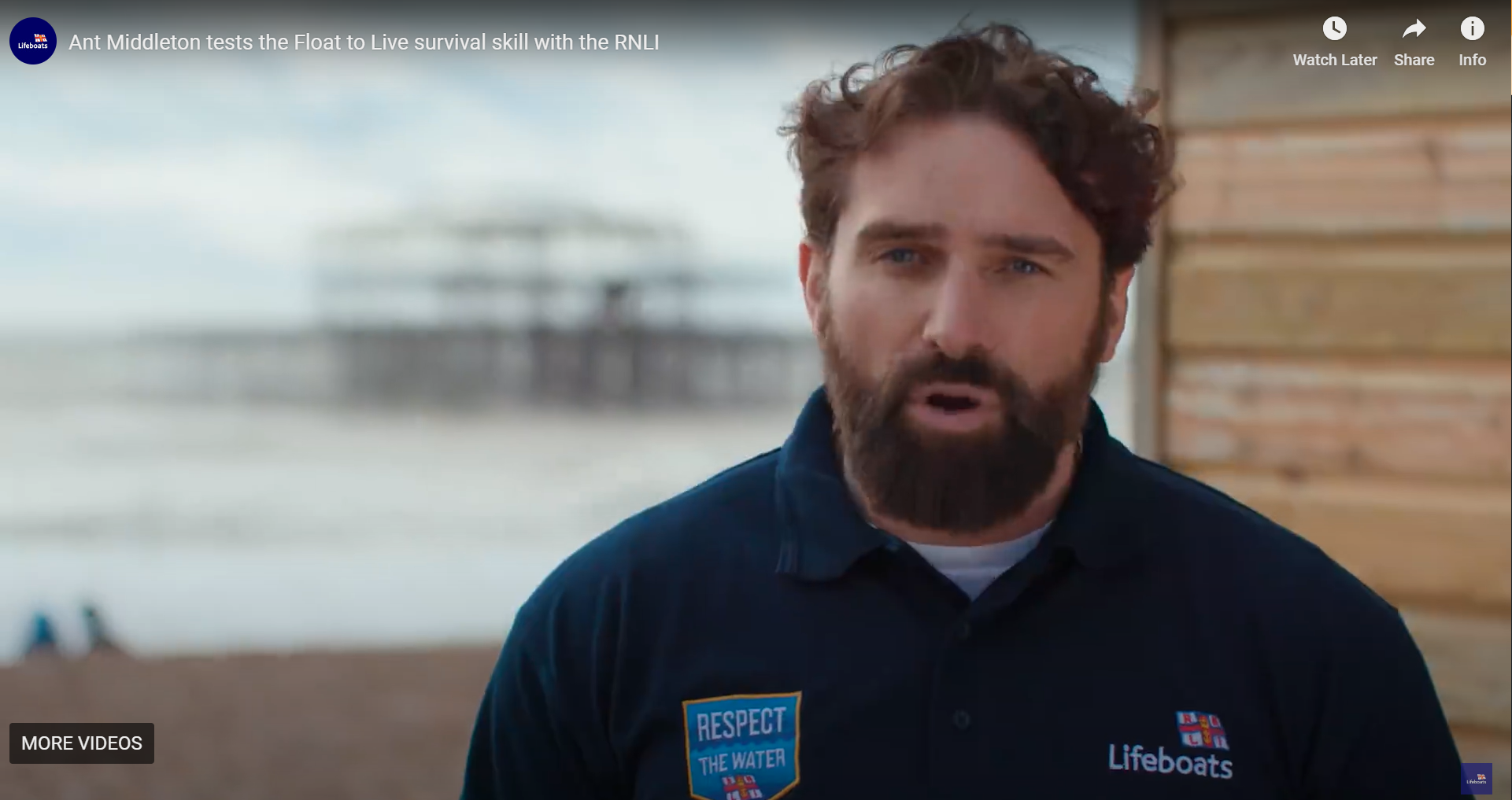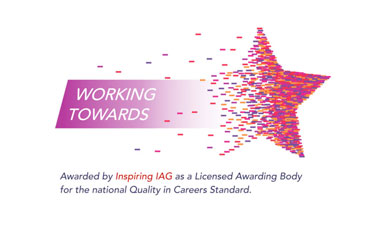
During the school holidays, and in particular in hot weather, increasing numbers of children are drowning. On average, there are 50 of these tragedies each year in the UK.
Keep reading to see our top tips on how to stay safe around open water.
Lancashire Fire And Rescue Service – Water Safety
Swimming in open water can be great for exercise and a fantastic way to enjoy the great outdoors. But it can also be very dangerous. Many people who get into trouble never intended to enter the water in the first place, so be sure to take extra care when walking or jogging alongside waterways.
Lancashire Fire and Rescue Service discourages anyone to swim in canals, rivers, lakes, quarries, the sea or any other open water who is not part of an organised swimming group. Click here to find a swimming group near you (opens in a new window).
Remember: if you spot anyone in trouble in the water, call 999 right away.
Many people sadly lose their lives in the UK in and around water each year. That’s why it’s so important to be mindful of dangers you can face.
Below, you’ll see find information about how to keep yourself and your loved ones safe around lakes, rivers, canals, reservoirs and more.
Dangers around the water
Let’s take a look at seven things to watch out for:
- Slippery banks – the banks on rivers and lakes can be very slippery, making it hard to exit the water.
- Waste – unfortunately, some people dump their rubbish into our waterways. This can harm you if you touch sharp or entangling objects.
- Pollution – some waterways contain dangerous chemicals which can hurt you.
- Currents – underwater currents can be very strong and sweep you away from safety within seconds.
- Cold temperatures – open water in the UK remains cold all year round. This can cause your muscles to stop working properly. It can also make you gasp for air, potentially causing you to breathe in water.
- Water levels – the depth of open water changes drastically. This can make wading treacherous, and means you should never dive in without knowing the water’s depth.
- No lifeguard – swimming in the great outdoors means that you may be very isolated and that nobody will be there to help if things go wrong.
If you want to go swimming, it is much safer to go to a purpose-built swimming pool with a lifeguard present at all times.








